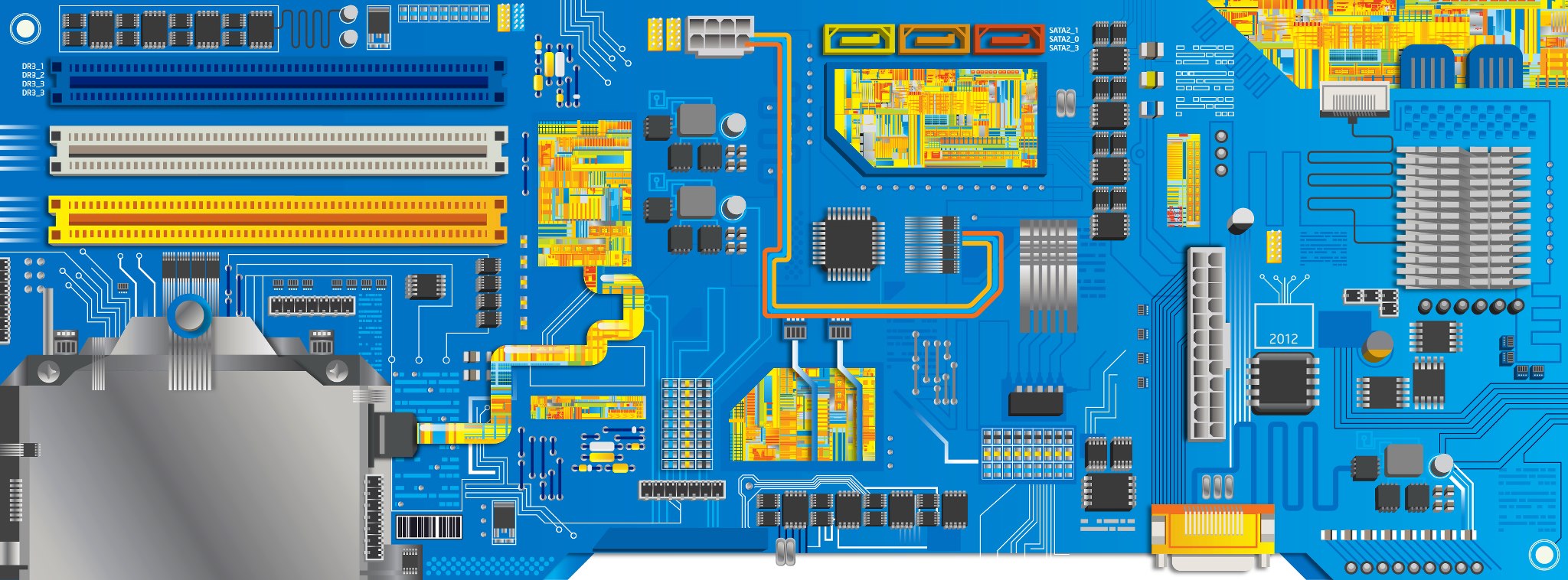Wrap Up: What Do You Get by Spending More?
Each Core series is separated by about $100: the i3-4160 costs $120, the i5-4690 is $215 and the i7-4790 is $310. Jumping from the i3-4160 to the i5-4690 costs about 80% more while leaping from the i5-4690 to the i7-4790 is another 45% premium or so. Pricing aside, picking the right chip depends on what software you'll be running.
For example, the Core i3 delivered virtually the same performance as the Core i7 in applications such as Adobe Illustrator CC and InDesign CC. However, Photoshop CC and heavy workloads in 7-Zip and Excel 2013 favored the Core i7 over the Core i5 by a mile, while the Core i3 was crushed.
The choice gets easier if you care about encoding as the Core i3's Hyper-threading couldn't make up for the fact that it's a dual-core at heart. The quad-core Core i5 does well with encoding and the Core i7 only offers around 10-20% more performance.

So to recap briefly, the Core i5 is a must over the Core i3 for encoding, while the Core i7 is more of a luxury unless you'll be spending a ton of time in Photoshop and/or Excel (even so, the i5 will suffice for the most part).
Gaming is a different story. As we've seen time and time again when benchmarking PC games, the Core i7 is generally overkill as games that utilize the extra threads are relatively rare. The best example we have at hand is Metro: Redux which was 8% faster at 1080p using a Core i7 over a Core i5 with the GeForce GTX 980.
The Core i3 absolutely offers the best value for PC gamers, which is terrific news, though we still recommend a Core i5 to enthusiasts and gamers with a less tight budget.
When paired with the GTX 980 (a very fast GPU by all means), the i7-4790 was 1% faster than the i5-4690 at 1680x1050 and no faster at 1080p. When accompanied by the more modest GTX 960, the Core i7-4790 was on par with the Core i5-4690 at 1680x1050 and 1% slower at 1080p.
Compared to the Core i3-4160, the Core i7-4790 was just 11% faster with the GTX 980 at 1680x1050 and 7% faster at 1080p. With the GTX 960, the Core i7-4790 was just 3% faster at 1680x1050 and 1% faster at 1080p.
Metro: Redux, Thief and perhaps Dragon Age: Inquisition were the only games that were hard on the Core i3, which trailed the Core i7 by 30%, 12% and 9% in those titles, respectively, but only 0 to 3% in the rest of the games. It's also worth noting that the gap separating the i3 and i7 was reduced to 7% for Metro, 1% for Thief and 0% for Dragon Age with the GTX 960 installed.
The Core i3 absolutely offers the best value for PC gamers, which is terrific news, though we would insist in recommending a Core i5 to enthusiasts and gamers with a less tight budget. Gamers opting for a GTX 960 or slower will get away happily with the Core i3, while it would make more sense to invest in a Core i5 with any GPU faster than that.
When it comes to Intel's integrated HD Graphics performance, all three series are virtually useless for gaming. In short, if you want to game without a discrete graphics card then get an AMD APU – they're cheaper and carry considerably faster integrated graphics.
As a closing note, there's not much to talk about in terms of power consumption as all Haswell CPUs are efficient, however, given how much faster the Core i7-4790 is in some productivity applications, the fact that it consumes less than 40% more power is amazing.

